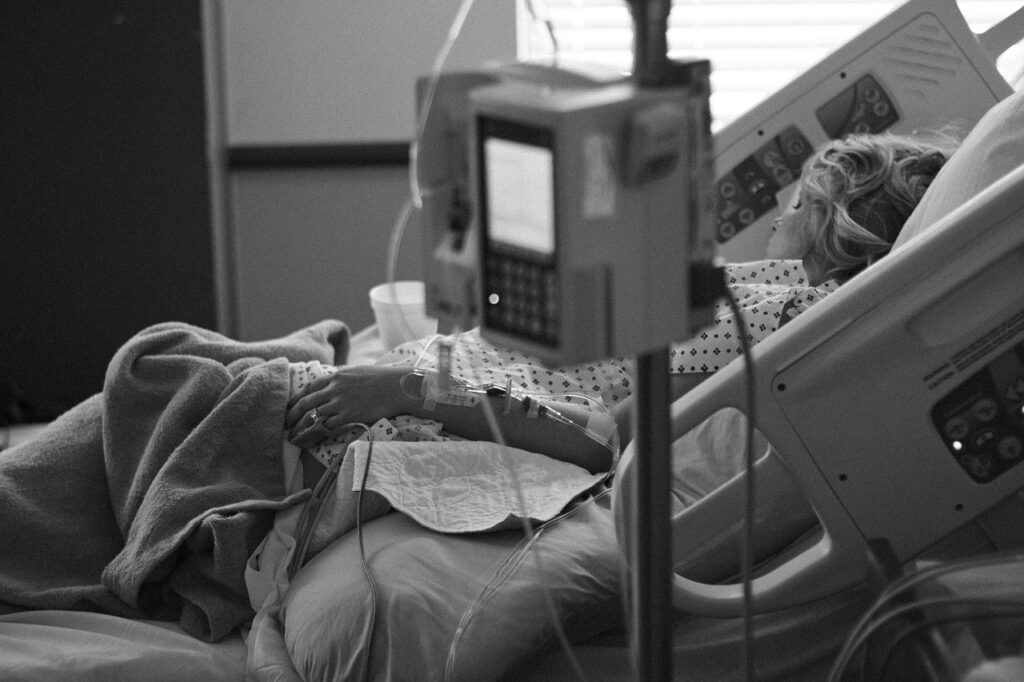An outpatient ward, also commonly known as an outpatient department (OPD) or clinic, is a section within a hospital or healthcare facility where patients receive medical treatment, consultation, diagnostic services, and care without being admitted for an overnight stay.We provide treatments by clearly examining and handling our patients before they are being admitted in the hospital.The outpatient department is the first point of contact for the majority of patients entering the hospital and provides patients with their first impression as they seek services at the hospital. A patient’s history and vital signs of blood pressure, heart rate, respiratory rate and temperature are obtained and documented. This type of care is typically used for diagnostic tests, minor surgeries, and follow-up appointments.
Outpatient wards typically have the following features:
- Waiting areas :with comfortable seating for patients and their families.
- Check-in desks: where patients register and receive their medical records.
- Examination rooms :where patients are seen by doctors.
- Specialty clinics: for specific medical conditions, such as cardiology, dermatology, and ophthalmology.
- Laboratories :for blood tests and other diagnostic procedures.
- X-ray and ultrasound machines: for imaging services.

Benefits of Outpatient Care
There are many benefits to receiving care in an outpatient ward, including:
- Convenience: Patients can usually get care during the day and return home the same day. This can save them time and money, as they do not have to stay in the hospital.
- Less expensive: Outpatient care is typically less expensive than inpatient care, as patients do not have to pay for room and board.
- More personalized care: Outpatient clinics often have smaller staffs and shorter wait times than emergency departments. This can allow for more personalized care.
- Faster recovery: Patients often recover from procedures faster when they are not in the hospital.
Outpatient care plays a significant role in providing accessible, timely, and effective healthcare services to individuals while allowing them to continue with their usual activities outside the hospital environment.

